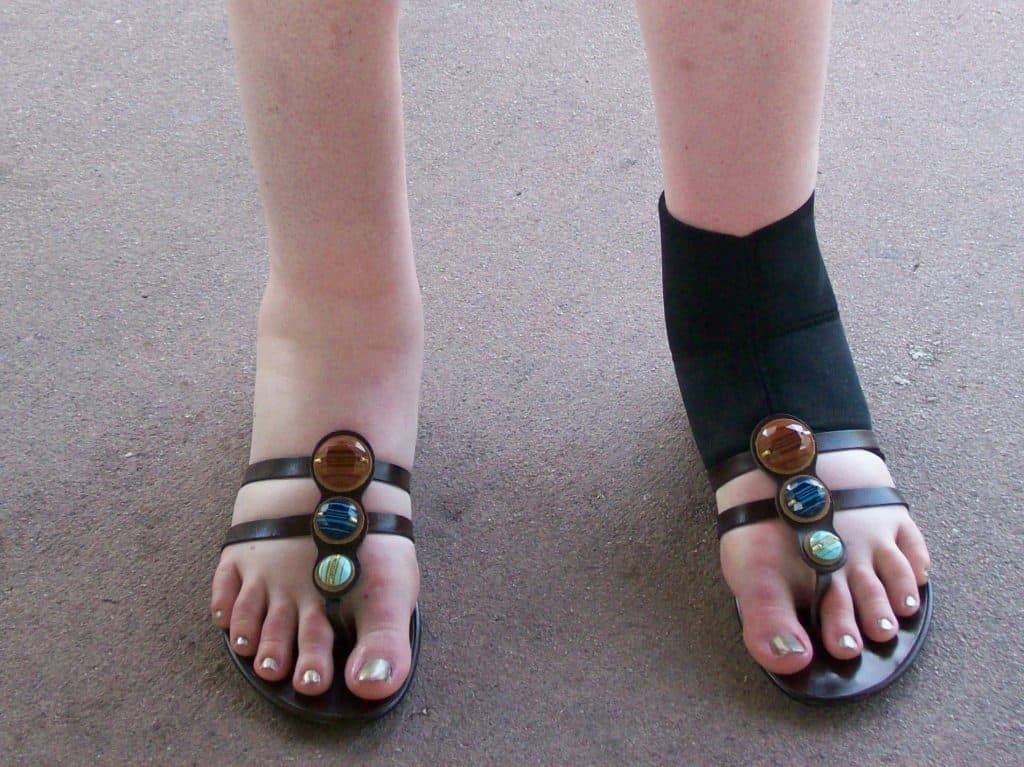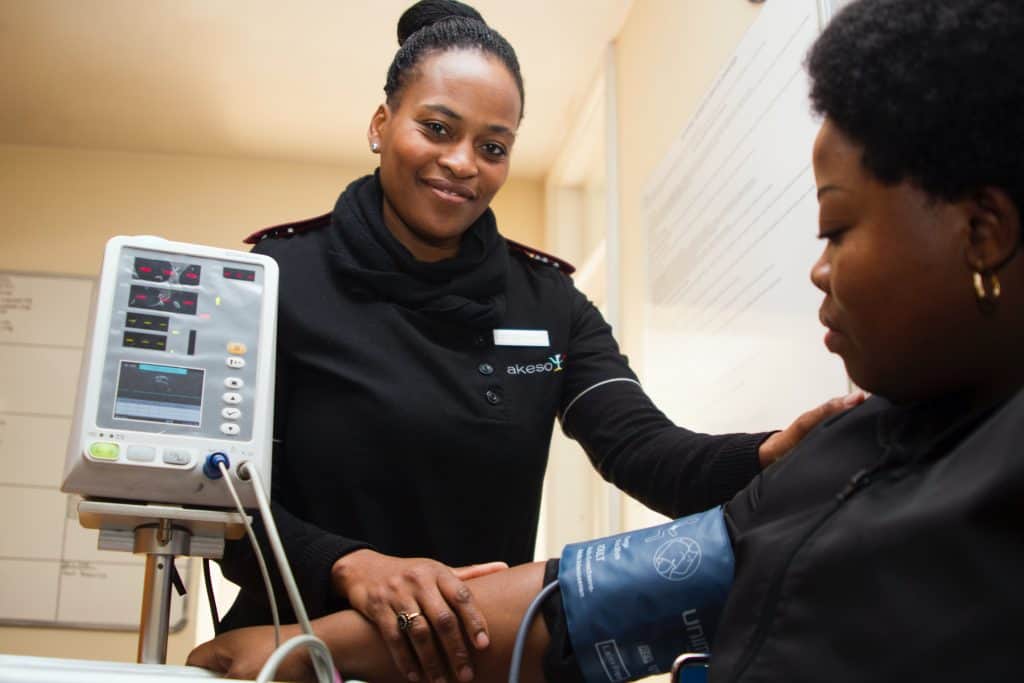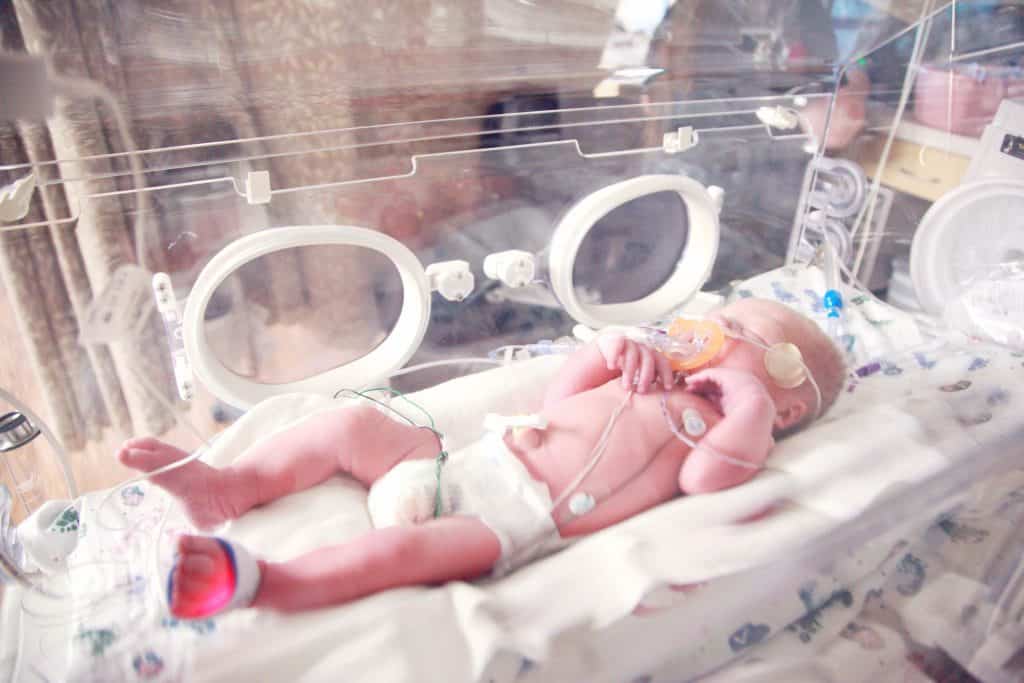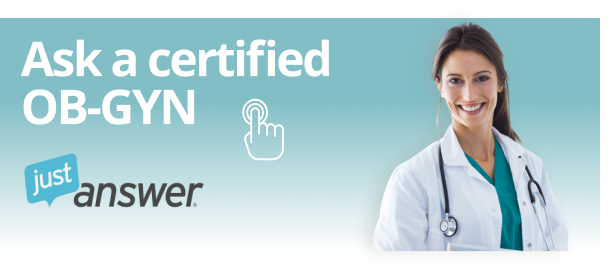Preeclampsia
Preeclampsia (also known as toxemia) is a pregnancy-induced health condition that happens when a woman experiences elevated blood pressure along with spilling of protein into the urine and swelling in hands, face and legs after about 20 weeks of gestation. This condition does not occur in all pregnancies but can appear in 2 to 8 percent of all pregnancies. It usually develops in late second and third trimester and comes on gradually late in pregnancy.
What causes preeclampsia?
The exact cause of preeclampsia is not known but includes a mix of maternal, fetal, placental, dietary and genetic factors.
Who develops preeclampsia?
Women who are at high risk of developing this condition are identified. The following are risk factors for preeclampsia.
- Previous history of chronic hypertension
- Family history of hypertension
- Other previous medical conditions, such as serious kidney, liver disease, diabetes and other vascular disease
- Over 40 or under 20 years of age
- Obesity (BMI greater than 30)
- Multiple pregnancies (pregnant with more than one baby)
- First pregnancy
- Previous history of hypertension in prior pregnancy
What are the symptoms of preeclampsia?

Early symptoms such as high blood pressure and protein in urine can indicate preeclampsia. Most pregnant women do not notice either of the symptoms, but midwives can identify the condition in antenatal care visits.
When preeclampsia progress it may cause the following symptoms,
- Vison problem (blurring or seeing flashlight/ white spots)
- Nausea and vomiting
- Pain in the upper mid and upper right part of abdomen
- Severe headache
- Swelling of the hands, face or legs (edema)
- Sudden weight gain caused by fluid retention
- Shortness of breath
- Fatigue
- Onset of seizures
- Infrequent urination
How is preeclampsia diagnosed?
Typically, your doctor will monitor your blood pressure and protein in urine to confirm the diagnosis of preeclampsia.
The major diagnostic criteria for preeclampsia are when;
- Blood pressure: 140 mm Hg or higher systolic or 90 mm Hg or higher diastolic after 20 weeks of gestation in a woman with previous normal blood pressure.
- Protein in urine (proteinuria): 0.3 g or more of protein in a 24-hour urine collection.

How preeclampsia affects mother and the fetus?
If preeclampsia is not diagnosed, it could put the life of mother and baby at risk. High blood pressure prevents flow of blood to placenta which interrupts oxygen and nutrients transferred to the fetus. This leads to placental abruption (when the placenta separates from uterus), intra-uterine or fetal growth restriction, premature delivery or a low birth weight baby. Mother will be in high risk of having heart attack or stroke and organ damage (liver, kidney and brain). It can also lead to serious complication such as eclampsia (convulsions), HEELP syndrome (liver and blood clotting disorder), organ failure (pulmonary oedema, kidney failure and liver failure) and blood clotting disorder.

What is the treatment for preeclampsia?
For most preeclamptic mothers, the cure is to deliver the baby at about 37th to 38th week of pregnancy. The delivery will be either in caesarean section or by inducing labor. Some researchers recommend taking low dose of aspirin daily starting at 12 to 14 weeks to delay the onset of preeclampsia. If the condition is severe before the fetus matures, other medication will be recommended by physicians.

Light to moderate exercise such as walking is known to reduce the risk of preeclampsia by 24%. It also helps manage the condition.
Dietary changes are also one of the major recommendations to manage the condition during pregnancy.
Reference
- https://www.mayoclinic.org/diseases-conditions/preeclampsia/symptoms-causes/syc-20355745
- https://www.webmd.com/baby/preeclampsia-eclampsia#1
- https://www.nhs.uk/conditions/pre-eclampsia/
- https://www.healthline.com/health/preeclampsia
- https://www.who.int/nutrition/events/2011_consultation_prevention_preandeclampsia_Ca_VAD_pregnancy/en/
- https://apps.who.int/iris/bitstream/handle/10665/119627/WHO_RHR_14.17_eng.pdf;sequence=1
- https://apps.who.int/iris/bitstream/handle/10665/44703/9789241548335_eng.pdf;sequence=1
- https://americanpregnancy.org/pregnancy-complications/preeclampsia-927
- httphttps://www.whattoexpect.com/pregnancy/salt-in-diet/s://www.babylist.com/hello-baby/how-to-prevent-preeclampsia
- https://www.alliedacademies.org/articles/effect-of-minerals-on-pregnant-women-suffering-from-preeclampsia-and-eclampsia.html
- https://parenting.firstcry.com/articles/potassium-in-pregnancy-need-and-importance/
- https://pubmed.ncbi.nlm.nih.gov/27503592/
- https://www.melaniemcgrice.com.au/what-should-i-eat-if-i-have-preeclampsia/
- https://www.sciencedirect.com/science/article/pii/S1028455919302694












